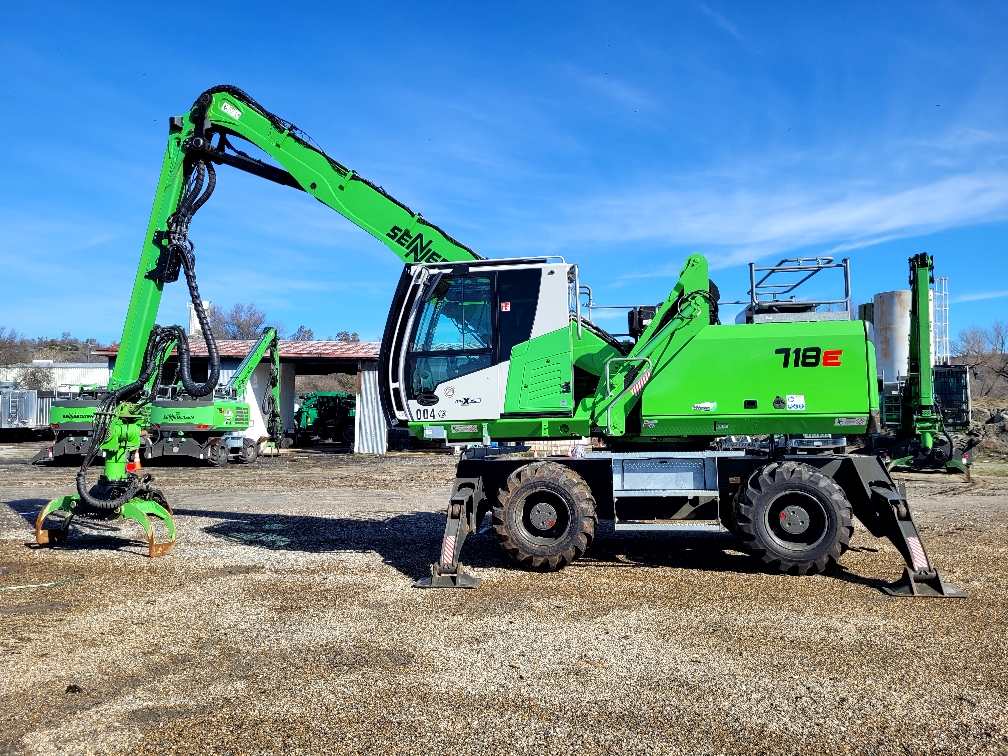
A Guide to Making Wise Decisions: How to Buy Heavy Equipment
Contractors everywhere require various types of heavy equipment to function. However, not everyone knows enough about equipment to make educated buying decisions. Asking questions is always important, but careful planning well before purchasing is also crucial to avoid making mistakes. Here are a few things contractors can do to minimize the odds of buying the wrong equipment.
Choose a Reputable Dealer to Work With
One strategy that always makes sense is developing a close relationship with a heavy equipment dealer that’s proven to provide quality information and equipment. Columbus Equipment experts recommend exploring all available new and used equipment options before making any purchasing decisions. Doing so minimizes any chance of purchasing equipment that won’t meet a contractor’s needs.
Evaluate the Company’s Needs
Since there are numerous types and models of heavy equipment, contractors are always encouraged to evaluate their needs carefully before shopping for heavy equipment. Purchasing equipment that’s too small or too large won’t provide the ROI contractors need. While purchasing new equipment is always an attractive option, used equipment may make more sense for many contractors.
Remember that all equipment depreciates, and new equipment tends to depreciate significantly during the first year or two of use. Discuss the various options with an account or business advisor when determining which equipment to consider. Maybe a contractor needs that hefty depreciation to reduce their tax liability. Ask questions before purchasing to avoid unpleasant financial surprises later.
Ask About Warranty Coverage
While new equipment generally has warranty coverage from the manufacturer, that’s not true when purchasing used machinery. However, many dealers provide warranty options that soften the blow should something go wrong. Always ask about warranties, deductibles, and average repair turnaround times. Downtime is costly if a job is waiting due to an equipment malfunction. Contractors must protect themselves from losses, and adequate warranty coverage is one way to minimize any downtime and associated expenses.
Inspect All Equipment Before Making a Purchase
New equipment is generally in good operating condition when it’s delivered, but that’s not always true. Buyers are always encouraged to carefully inspect even new equipment when taking delivery to spot obvious issues. Start the equipment and test the controls to ensure everything appears to function correctly. If any issues are noted, report them immediately so the dealer can take care of any needed repairs.
Used equipment poses several potential problems, and buyers must inspect every piece of used equipment carefully before purchasing it. Start by checking the repair and maintenance records. If there are no records, consider that a red flag.
Next, check all the fluids. Then, look for obvious signs of wear or damage. Worn or damaged components must be replaced to ensure the equipment functions properly.
Look for a Clean Title
A title search is a must when purchasing used equipment. However, verifying a clean title for older equipment with several previous owners can be problematic, so be prepared to spend some time and effort determining whether any title clouds exist. That’s one time when purchasing new, or nearly new, equipment is easier, as determining whether a title is clear is easier when there were only one or two prior owners.
Taking that First Step
Any contractor who is contemplating purchasing new or used heavy equipment is always encouraged to shop carefully. Getting to know a trustworthy dealer is the first step, as the dealer can access new and used equipment that contractors can use. Contact one today.
With a solid foundation in technology, backed by a BIT degree, Lucas Noah has carved a niche for himself in the world of content creation and digital storytelling. Currently lending his expertise to Creative Outrank LLC and Oceana Express LLC, Lucas has become a... Read more